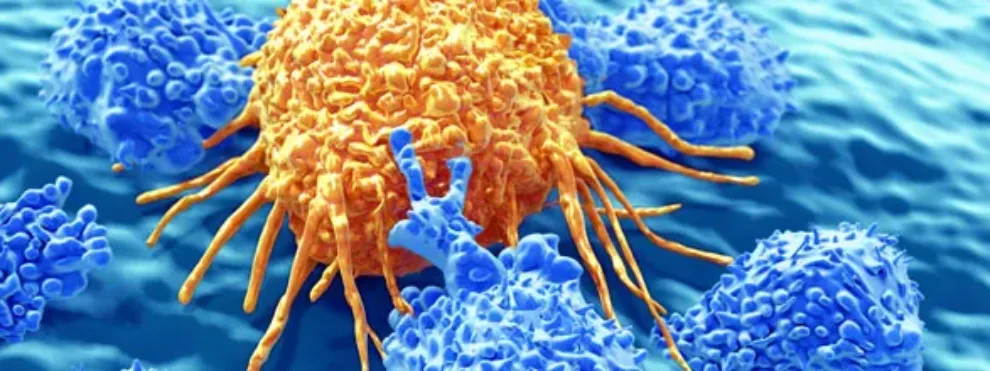Immuno-oncology is a growing field. The goal is to augment the patient’s immune system to attack the cancer cells. The current lines of treatment for cancer are radiation, chemotherapy, and surgical resection. If these treatments do not work, physicians can seek alternative treatments, such as immune-oncology therapeutics. Two emerging immune-oncology therapeutic modalities are saving lives: antibody drug conjugates (ADCs) and cellular therapies. I have two case studies I wanted to share, one for each of the respective therapeutic modalities.
The first case study is an ADC for a specific kind of a common type of cancer. The client came to us with clinical samples that required retrospective analysis for small molecule pharmacokinetic (PK) methods, large molecule PK methods, and anti-drug antibody (ADA) methods. The bioanalytical method transfers required method development, optimization, and of course, validation. Client needed data as soon as possible. As these assays were for the testing of retrospective samples, there was an additional logistical challenge related to sample coordination and testing in our small molecule and large molecule labs. The logistical challenges included the need to minimize freeze thaws cycles, exposure to light, and known linker stability concerns when held at room temperature. Daily phone calls with the client enabled rapid method development and optimization as well as information sharing. KCAS Bio was able to apply learnings quickly and succeed in development and validation of the required assays. We have the good fortune of having our small molecule and large molecule labs in the same 70,000+ square foot building. A dedicated single project manager was integral for the harmonization between the labs. The small molecule team was able to develop methods to detect free and total small molecule drug and metabolites. The large molecule team used a combination of client provided reagents and commercially available reagents to switch from ELISA to Meso Scale Diagnostics (MSD) assay for the total antibody PK and the ADA method. These changes significantly improved the methods while meeting client timelines and budget.
The second case study is a client who came to us seeking assistance with transfer and qualification of a cell based pharmacodynamic (PD) enzyme activity assays for support of their cellular based therapy for an orphan disease. In less than three months we fully transferred, optimized, and qualified the academic method. We leveraged our understanding of the regulatory requirements and the client’s clear communication of their goals to improve the method’s dynamic range, establish assay controls, and determine acceptance criteria for several performance characteristics to allow for testing of tissue samples for support of a variety of clinical trials. The client was please and quoted, “Working with KCAS Bio on the transfer and qualification of these PD methods was the highlight of 2017 for me.”
These are just a few examples of how we can support the Immuno-oncology field. We have expertise in flow cytometry, ELISPOTs, cell based assays and over 50 qualified biomarkers for development of new drugs. Whether it is in-vitro discovery method or support of a phase III trial we can assist you. KCAS Bio looks forward to providing reliable and defendable data while continuing to help our partners develop drugs for the advancement of world health.

